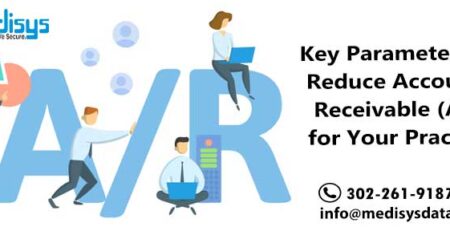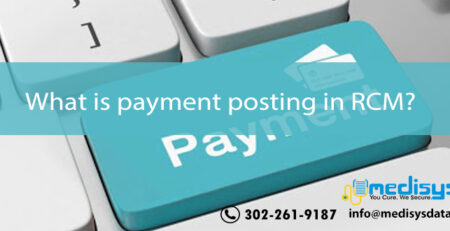Small and independent practices face unique challenges today, starting from move away from fee-for-service payment models to handling billing and coding activities all by themselves. The challenges of denial management have multiplied. ICD-10 and value-based reimbursement will have huge impacts on claims processing. Practices need be proactive on dealing with the constant change imposed by these outside forces. Plus, due to implementation of ‘Affordable Care Act’ the administrative burden has also increased, consuming lot of time. Small practice owners are facing the choice of continuing to evolve their current practice and patient relationships or joining a large group where everything from length of patient encounters to billing practices are handled by the group. In this article, we discussed some of the billing challenges faced by small practices.
Provider Credentialing
Provider credentialing/contracting is the key process of revenue cycle management for any practice. Credentialing process requires continuous follow up with payer which may not be possible for small practices, as they are busy in all other activities of practice management. Once you submit the credentialing application along with required documentation, you have to coordinate with payers and confirm if they received documents or not. Providers busy in patient care may not have that amount of time and expertise over negotiations required at contracting phase. Even though standard documentation remains the same, but every payer has unique credentialing requirements. Submitting credentialing application for every payer and taking follow up could take excessive amount of time.
Insurance Coverage
Most small practice owners are happy to provide services to limited pool of patients, as provider is assured about patient’s insurance coverage. In case of any new patient, provider is reluctant to accept any insurance and expect patient to submit claim to insurance carrier. So, considering new patient as self-pay patient could ensure financial stability for short term but it may not be good approach for practice growth in long term. You must spend sufficient amount of time to take out benefits report for every patient and need to update that report from time to time.
Claim Tracking
Providers doing medical billing all by themselves focuses on submitting claims without keeping a track. Normally 10 percent or less claims got rejected but in case of poorly submitted claim this percent can be up to 30 percent. Providers busy in patient care and other administrative activities don’t take sufficient amount of time for claim tracking. At the time of contracting with payers, you can setup for electronic remittance advice. After reading each and every line item of EOB/ERA carefully, you can find out if claim is denied, paid, paid partially by provider.
Wrong Coding
Providers doing medical billing all by themselves also handle coding for every visit. They has specific set of procedure codes which they use for every patient visit. Medical coding is requires in depth knowledge of coding guidelines and payer reimbursements policies. Using same procedure codes again and again for every patient visit might attract payer audit. You need to document every procedure carefully and use accurate procedure code. Providers generally makes mistakes in bundling and unbundling codes or wrongly use modifiers.
Medisys Data Solutions is a medical billing company providing complete billing and coding services. Our billing services will include charge entry, payment posting, denial management, AR management, and billing reports. With our complete RCM services, you don’t have to worry about any function of medical billing. Our billing reports will help you to understand number of claims submitted, paid claims, unpaid claims, and claims needed attention. To know more about, how we can assist you in managing billing challenges, contact us at info@medisysdata.com/ 302-261-9187












